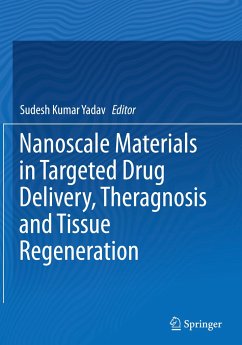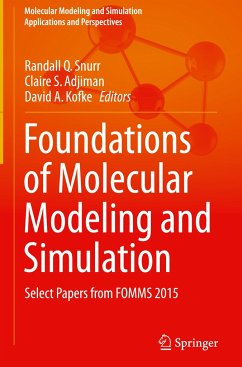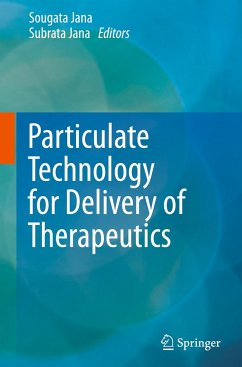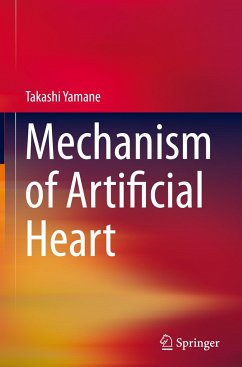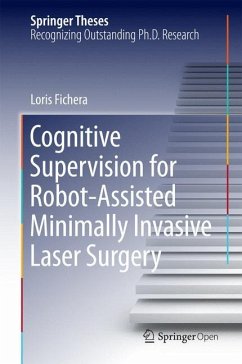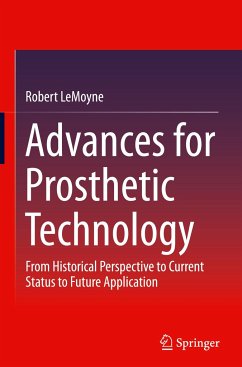Dr Hongliang Ren is currently an assistant professor at the Department of Biomedical Engineering, Faculty of Engineering, National University of Singapore (NUS), Singapore, where he leads a research group on Medical Mechatronics. He is an affiliated principal investigator for the Singapore Institute of Neurotechnology (SINAPSE) and Advanced Robotics Center at the National University of Singapore. Dr Ren received his PhD in Electronic Engineering (specialized in Biomedical Engineering) from The Chinese University of Hong Kong (CUHK), Hong Kong SAR in 2008. After graduating, he worked as a research fellow at the Laboratory for Computational Sensing and Robotics (LCSR) and at the Engineering Research Center for Computer-Integrated Surgical Systems and Technology (ERC-CISST), Department of Biomedical Engineering and Department of Computer Science, The Johns Hopkins University, Baltimore, MD, USA, from 2008 to 2010. In 2010, he joined the Pediatric Cardiac Biorobotics Lab, Department ofCardiovascular Surgery, Children's Hospital Boston and Harvard Medical School, USA, where he investigated the beating-heart robotic surgery system. Prior to joining NUS, in 2012 he also worked on a collaborative computer integrated surgery project, at the Surgical Innovation Institute of Children's National Medical Center, USA. His main areas of interest include biomedical mechatronics, computer-integrated surgery, and dynamic positioning in medicine. Dr Jinjin Sun received his B.S. degree from Harbin University of Science and Technology, Harbin, China, in 2001, the M.S. degree from Shandong University, China, in 2004, and the PhD degree from Beihang University, China, in 2010. He is currently an associate professor at the School of Instrument Science and Opto-Electronic Engineering, Beihang University, China. His research interests include the electromagnetic design of various new types of magnetic bearings, such as active magnetic bearings, passive magnetic bearings, hybrid magnetic bearings; brushless direct current motors (BLDCM) and permanent magnet synchronous motors (PMSM). He has been a visiting research fellow with the Department of Biomedical Engineering, National University of Singapore (NUS) since 2015, and he focuses on the research concerning novel magnetic actuations using magnetic levitation techniques.







